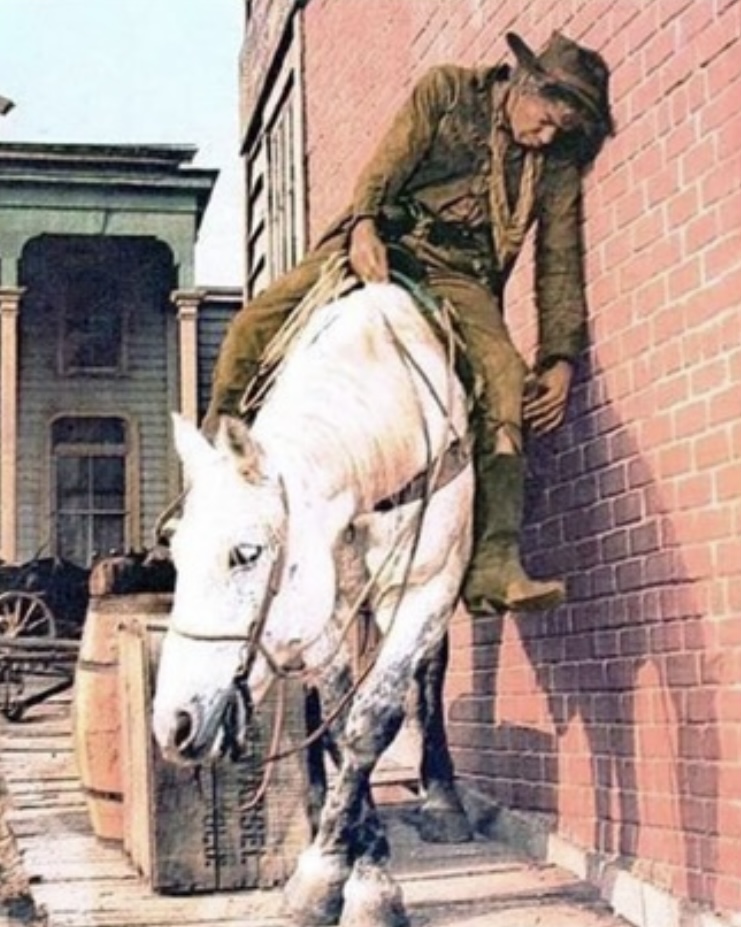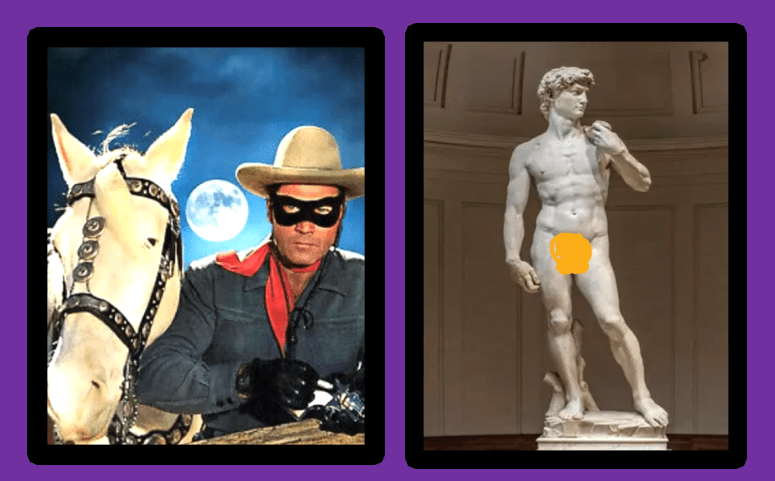Oh, the thrill of trout fishing! This session is for all of you. Those who know and love the thrill of Field and Stream and those of you who fail to see the point, much less the fun of the hunt or cast. I can identify with both parties, mainly the latter.
My wife comes from a family of expert sportsmen in the world of hunting and fishing. They are extraordinary in their exploits. I admire them. My wife grew up riding, hiking, and fishing the Colorado territory. I grew up playing basketball in an Oklahoma gym.
My greatest love about fishing is the enjoyment of the flavorful fish fry by friends like Tommy and Charlie. They know what they are doing both in the catching and cooking of the fish. Mark and Big John can fill their boat to overflowing like Peter and the gang in the Bible. Mike and Tarre take fly fishing to another level of success, unless she trips on the rocks. If only there were a doctor somewhere around!
My dad taught me how to fish. We started at his uncle’s pond. The long hike through weeds and the pond’s prevalence of water moccasins probably diminished some of my enjoyment. Dad loved fishing. I loved going with him when the sand bass were running at Kerr or Tenkiller Lake. (I was a novice, but I was pretty sure the sand bass were swimming, not running.)
On those trips, you just put your line in the water and pulled up a fish, as many and as fast as you wanted. It was all action. I loved it. However, I lacked the patience and endurance of the big bass anglers. I spent most of the time unraveling my fishing line from the tree branches, weeds, or fellow fisherman. I would sit there thinking about how many free throws in a row I could have made during this time.
I am definitely not belittling those who love these things. I bemoan that I am just not particularly good at them and, thus, lack the same enjoyment. I only share these examples of my Fishing World shortcomings to set up the thrill of my trout fishing experience.
When our family vacationed along the Rio Grande in Creede, Colorado, it was no surprise that my attempts at fly fishing were futile. I tried for two days without any success. I looked the part. I had the hat and the waders and the fly rod. I became skilled at whipping that line through the air and sending the fly across the flowing waters. My style exhibited the rhythmic grace and beauty of the fly fisherman’s cast. Poetry in motion. I just never caught anything. Not even a bite.

As I made my way back to the cabin in the late evening, I stopped to look at the river from a crossing bridge. I saw a fairly large trout swimming in an area near the bank. Apparently, some larger trout will stay in a pooled spot that provides plenty of food. Their size allows them to withstand the flow of the river stream.
I went down near the sighting and began to toss my line into the water. Several times. I was not fly fishing; I was just dropping my fly and hook into the water and reeling them back in. The sun set and the skies began to darken.
Suddenly, the line moved, and the rod bent. The fish was hooked. I wrestled him to the shoreline. It was a large rainbow trout. Beautiful and big. I was thrilled. Mostly in shock. I looked around for someone or anyone. Every fisherman needs an audience for moments like this.
This trout was much bigger than all the brown trout I had witnessed others catch. It was the largest fish I had ever seen…of course. Isn’t that what a real fisherman always says?
Then I remembered seeing a posted sign warning about some kind of fish that had to be catch and release only. Was it this one? I was clueless. I knew my relatives and the game warden would frown on me breaking the law. I was too far from the cabin to carry the fish home to ask my wife. The rainbow trout would not survive. I needed a picture of the fish, but there was no camera.
Was this a keeper or a throwback? I panicked. I waited. I looked for someone to ask. The fish was in jeopardy. I reluctantly threw the large rainbow trout back into the water.
Catch and Release. Real fishermen go for the thrill, not the food. Someone told me that.
I returned to the area the next evening after going hitless for another day of fly fishing. I could not see the fun in this sport. A thunderstorm broke overhead, and I was getting drenched. I started the long trek to the cabin. A voice called out to me to get shelter under his roof. It was Wallace Johnson, the father of my wife’s best friend in school.
Mr. Johnson welcomed me into his cabin to dry out by the fire as I waited for the storm to pass. He said he had seen me out by the bridge. He told me there was a big rainbow trout swimming around in one of the side areas. People had been trying to land it for two months. It would look great mounted on his cabin wall. What??? Do I dare tell him???
What I learned in those next thirty minutes changed my life. Well, my fly-fishing life. When I confessed my ineptitude at catching trout, the expert kindly taught me the basics.
You whip the line through the air to keep the fly dry. The rhythmic beauty of a skilled fly-fisherman’s cast was not about the length of the throw but the dryness of the bait so it could float on top of the water. Then you wait for the silver streak. What? I had no idea what he was talking about.
My guru told me to watch for the silver streak, a flash of silver in the water. The silver flash signals the trout is moving toward the surface, going for the fly. That is when you set the hook. I could hardly wait for daylight.

I was out in the water along the edge of the river. Suddenly, I saw the silver streak. I set the hook and pulled. I missed it. But now I was hooked. I knew what I was doing. The next sighting of the silver flash landed my first brown trout. By noon, I had a bag full. Fresh trout was on the dinner menu.
Trout fishing was thrilling. I had become…an Angler, the future cover of Outdoors magazine. I made lasting memories fishing with my daughter and sons along the Rio Grande. I understand why this can be so enjoyable, almost addictive.
Learning to love first and love most is also enjoyable and addictive. It also has to be learned because it does not come naturally. Have you ever experienced that thrill? Yes, it is a thrill when done correctly with an unbiased and unharnessed enthusiasm.
I understand the frustrations and the fears. And the failures. I’ve been there.
I just did not know about the “silver flash” in loving others first and most. Loving others is not about going through the proper motions or using the right techniques. It is not about needing to be fully equipped or sufficiently trained.
For me, the “silver flash” is associated with the eyes of the other person. Do I really see them? Do I notice their needs? Or do I just try to “love” because they are in the vicinity? Maybe I can just do the long cast and keep them at a distance. Too many of us just go through the motions.
I have watched the Master teach his disciples and us as He took us to that outcast Legion, alone and ostracized in a scary world. We saw He loved that loveless and hopeless man. We listened in as he talked to the woman at the well, the whore of Sychar. We watched him welcome Zacchaeus, the corrupt and hated government official.
We observed how he took note of the importance of children and how he gave hope to the suffering. We watched him walk through life as the friend of sinners. We viewed him as a breakfast cook for the working men, thrilled with their latest fish story. He did not just talk a good game; He lived it.
He looked into the eyes of Jairus, the distraught dad of a dying daughter and into the weeping eyes of two sisters mourning the loss of their brother. He noticed the blind beggar and the sick elderly woman. He calmed the storm raging fear in the eyes of the men in the boat. He paid attention to the misguided pride of friends arguing about levels of importance. He saw the little boy with his sack lunch. The multitudes were countless. He saw the “silver flash” in each of them.
Jesus lives in you and me to lead us to others He intends to love through us. He will love them first and love them most. Where are they? Look into their eyes! Their eyes show signs of suffering, sickness, sorrow, stress.
“The eyes are an entrance to the heart” (#1 Textbook).
Jesus told the first disciples what He says to us today. “Come, follow Me. I will make you fishers of men. Love them the way I have loved you” (#1 Textbook).
Imitate God’s love. Your home is the practice field. Get better. Take your love out into this world. Every person you see is fighting some hard, and often hidden, battle.
Look for the “silver flash” in their eyes. Be kind. Be caring. Love them first and love them most. Little by little, love them a lot.
I repeat my description of the thrill of loving another person first and most.
The heart pounds. The clouds rumble. The skies flash. The wind roars. The trees sway. The mountains shake. The stars dance. The angels set all heaven ablaze with shouts of praise…when one set of eyes has been loved first and most.
Oh the thrill when you notice that “silver flash” in their eyes!
EYES UP! LOVE YOU!































